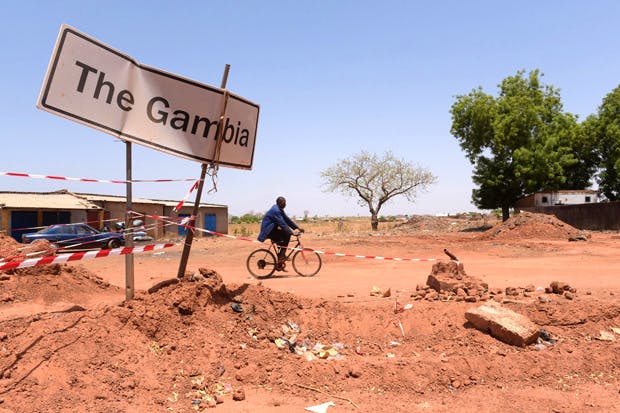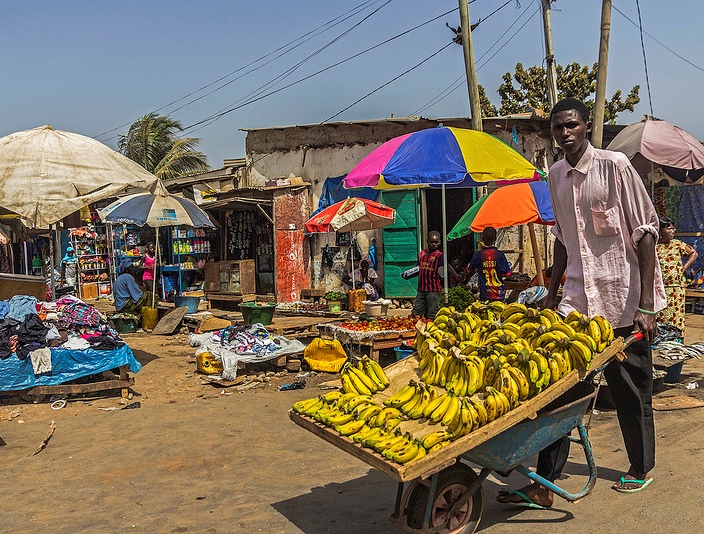
Context
In most modern economies, access to credit is a catalyst — a tool that enables people to build, grow, and invest in their future. But in The Gambia, our financial system tells a different story: one where consumption replaces investment, and survival trumps prosperity.
We remain a predominantly cash-based economy, where financial services lack reach, depth, and relevance. For the average person, credit is simply not an option. Whether it’s for building a home, starting a business, or dealing with emergencies — you must pay in full, upfront.
There are no accessible credit cards. No personal or consumer loans for the working class. And very limited small business financing. As a result, we live to consume, not to grow. If you want to build a house, you build it brick by brick over 10 years, often almost impossible of completing it. If you want to start a business, you either have the capital upfront — or the dream dies.

This kind of economic environment discourages investment. People use what little money they earn to survive, not to build. Consumption is immediate, urgent, and continuous. There is no breathing room to think long term, no incentives or support systems to foster savings, capital accumulation, or entrepreneurship.
A System Built to Exclude
Here’s why our current financial architecture fails the majority:
1. High Collateral Requirements – Formal banks demand land titles or other hard assets, which most Gambians do not have.
2. Weak Credit Infrastructure – No national credit scoring system, no formal record of repayment behavior. Without data, lenders default to exclusion.
3. Financial Illiteracy – Many citizens are unfamiliar with credit management or savings culture, making them less appealing clients to financial institutions.
4. No Income-Based Lending Access – Even salaried workers with steady pay struggle to get loans.
In short, our financial system is not designed to serve everyday Gambians.
A Cash Economy Is a Poor Economy
Imagine needing to build your house over 15 years, paycheck by paycheck. Imagine watching a brilliant business idea fade because you lacked GMD 20,000. Imagine not being able to pay for healthcare unless you have it in hand — right now.

This system traps people in short-term thinking. It kills entrepreneurship. It weakens productivity and entrenches poverty.
When people spend all they earn on consumption, there is no room for savings, no chance to build wealth, and no opportunity to escape poverty.
What Needs to Change
If we are serious about development and poverty reduction, we must rethink the architecture of our financial sector. That includes:
1. Developing inclusive credit systems tailored to low- and middle-income earners
2. Promoting nationwide financial literacy, especially in rural areas
3. Encouraging public-private partnerships to design locally relevant financial products
Most importantly, we must shift our mindset: poverty is not just a lack of money — it’s a lack of access, of options, and of systems that enable growth.
Until our financial system is restructured to serve the people — all the people — poverty will remain not an accident, but a feature of the system.
By Foday Joof

The author is a risk management officer at the Central Bank of The Gambia. The article was first published by Finextra.










Recent Comments